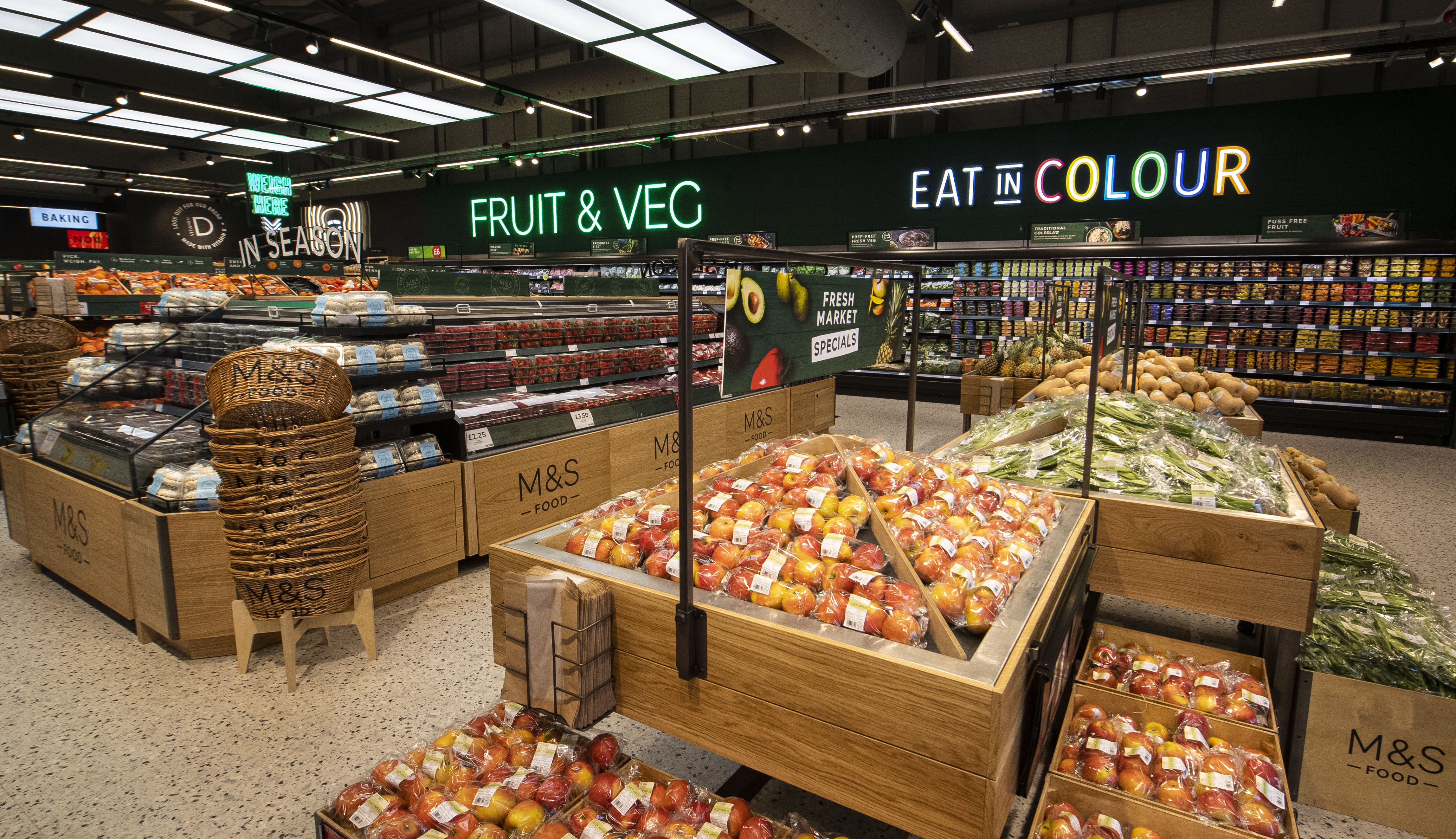Hugo Boss has launched a loyalty programme which uses blockchain and Web3 technology to improve customer engagement.
The Hugo Boss XP app allows users to collect and redeem non fungible tokens (NFTs) through their purchases and activity across other channels. These act as keys to unlock products, brand experiences and other offers from the fashion brand and its partners.
The company added that in the future customers may be able to trade these tokens.
Additionally, Hugo Boss said that the app uses customer data to improve relationships with customers and create a personalised experience. The Boss Frequent Visitor Token for example can obtain special products by tapping in with their mobile phone in stores to unlock a special token.
The loyalty scheme will initially launch in the UK in June, with Hugo Boss upgrading its current loyalty programme and rolling out the app to further countries in the next few years.
“By deepening the relationship with our customers, we are driving a higher lifetime value thereby further advancing with our profitable growth journey,” said Oliver Timm, chief sales officer at Hugo Boss. “Hugo Boss XP has a bold, customer-centric approach and clearly plays into our vision to become the leading, premium tech-driven fashion platform worldwide.”
Several other retail brands have recently experimented with the use of blockchain technology, including Adidas, which last month announced it had partnered with movement and lifestyle app STEPN to launch a limited edition NFT collection.
Adidas said the collection is the first of a series of co-branded activities between STEPN and Adidas over a one-year partnership that will see further NFT launches as well as physical, wearable items.
The launch comes after Nina Patel, Farfetch’s ex-director of innovation, retail and Web3 said last year that NFT launches could result in a “big disconnect” between brands and their traditional customer bases.
Patel said that she has “struggled” with some of the NFT drops that have been rolled out by brands.
However, she did point to some examples where retailers have delivered effective alignment between their existing consumers and new ones.
She said that Nike, adidas, and Superplastic had created “strong alignment” between who’s already shopping with them and the “Web3 crowd”.
Latest News
-
Morrisons deploys real-time engagement platform in stores to boost personalised promotions
-
Frasers Group acquires majority stake in Italian sports retailer Maxi Sport
-
Lidl invests £29m in latest pay increase
-
Casino Group signs long-term agreement with Spar
-
Extra Shop rolls out electronic shelf labels
-
Evri launches new scheme to upskill workers in AI and data
Beyond Channels: Redefining retail with Unified Commerce
This Retail Systems fireside chat with Nikki Baird, Vice President, Strategy & Product at Aptos will explore how unified commerce strategies enable retailers to tear down these barriers and unlock new levels of operational agility and customer satisfaction.
The future of self-checkout: Building a system that works for consumers and retailers
In this webinar, industry leaders discussed what the future of self-checkout looks like and how retailers can make the technology work for everyone.
© 2024 Perspective Publishing Privacy & Cookies


.jpg)







Recent Stories